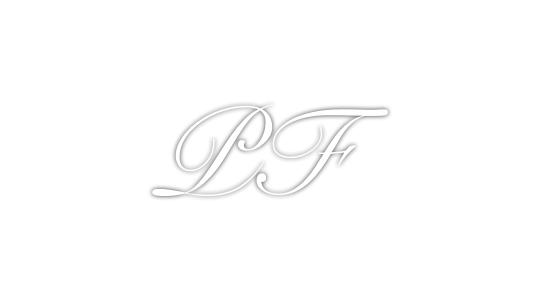04/18/21 Filed in:
Science Miracles and Science
Miracles and Science In today’s lesson we talk about miracles: what they are, are they possible, and do they happen? How is the idea of a miracle often misunderstood? What are various kinds of unusual events and what makes a miracle different? Who were some key figures in shaping our modern ideas about miracles? What are the most common objections to miracles and how can we as Christians answer those objections? Why is it unhelpful to think of a miracle as a violation of the laws of nature? Why is it unnecessary to insist on some kind of “extraordinary” evidence to believe a miracle occurred?
Lesson 29:
Review QuestionsLesson 29:
Lesson NotesTags: Science, Miracles, Hume, Paley, Spinoza, Keener
03/14/21 Filed in:
Science Understanding Science
Understanding Science In today’s lesson we began our study of questions of science that arise in apologetics by seeking to get a general view of science and its relationship to the Christian faith. Can a person who is not a trained and degreed scientist address questions related to science? What is science? What are the foundations upon which all scientific endeavor rests? What, if any, are the limits of science? What is scientism? What are two kinds of scientism and what are the fatal flaws of each? How does the Bible address the subject of science, if at all? Why do many people believe that Christianity has historically been opposed to science? What has been Christianity’s actual relationship to science in history? What does Alvin Plantinga say is the real conflict regarding science is? (61 min)
Lesson 24:
Review QuestionsLesson 24:
Lesson NotesHandout:
Quotes and AssumptionsTags: Science, Philosophy of Science, History of Science, Scientism
06/07/20 Filed in:
History Christianity and Progress
Christianity and Progress In this lesson we continue our consideration of historical issues related to apologetics. There is a great deal of popular misconception about the relationship of Christianity to the development of Western civilization. What is the source of these misperceptions? What was it about Christianity that made the scientific endeavor both plausible and desirable? What is wrong with the idea that Christianity plunged civilization into a period of “Dark Ages?” How did the Christian view of history influence the idea of the possibility of progress? How did the Medieval era set the stage for later advances in knowledge and science? Why is the idea of a “war” between science and Christianity a myth? (59 min)
Lesson 38:
Review QuestionsLesson 38:
Lesson NotesTags: History, Dark Ages, Science, Greece, Roman Empire, Progress, Medieval
